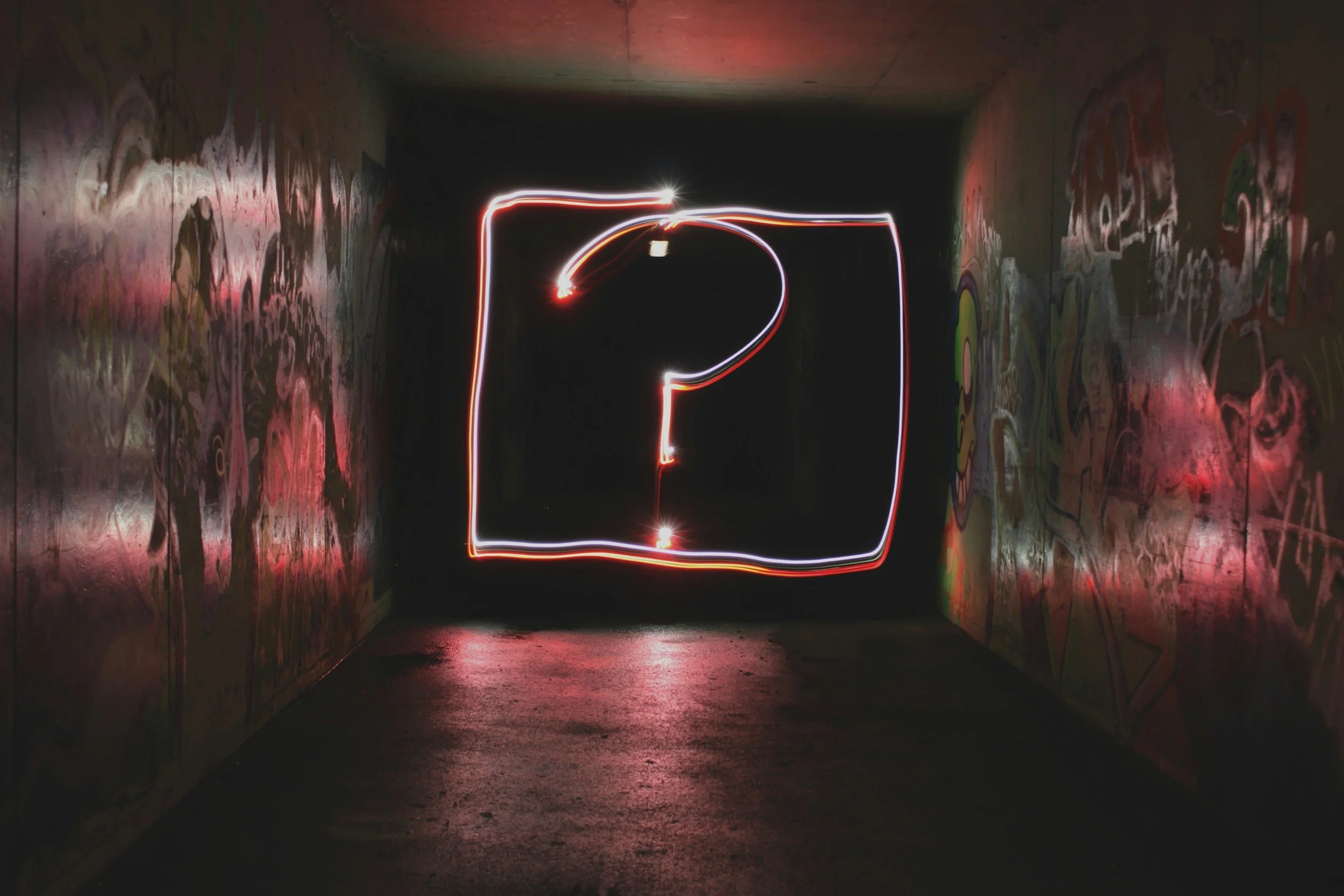Categories
- Animal Behavior
- Behavioral Psychology
- Biological Psychology
- Clinical Psychology
- Cognitive Psychology
- Community Psychology
- Counselling & Psychotherapy Approaches
- Criticisms of ...
- Cyberpsychology
- Developmental Psychology
- Educational Psychology
- Emotion & Stress Psychology
- Ethics & Critical Psychology
- Ethics in Psychological Research
- Evidence-Based Learning
- Explainer
- Forensic Psychology
- Freud
- History of Psychology
- Humanistic & Existential Psychology
- Intergroup Relations & Social Bias
- Learning & Behaviour
- Learning & Conditioning
- Mental Health
- Motivation & Behaviour
- Neuroscience
- Organizational Psychology
- Personality & Humanistic Psychology
- Personality Theories
- Philosophy
- Positive Psychology & Wellbeing
- Psych 101
- Psychoanalytic & Psychodynamic Psychology
- Psychometrics & Assessment
- Research Methods
- Social Psychology
- Statistics
- Student’s Guide
- Therapies & Treatment
- Writing & Study Skills
Psych 101
Write Smarter, Not Harder
Working on a psychology assignment, report, or dissertation? Our Premium Tools handle the tedious APA tasks — so you can focus on your ideas, not formatting.
- 🧾 APA tables, references & results
- 🧪 Sampling, ethics & method builders
- 📤 Export-ready, supervisor-friendly
Trusted by thousands of psychology students.
Uni Preparation: Psychology Edition
Step into university with confidence. This self-paced course prepares psychology students to thrive academically, personally, and professionally.
- ✅ Learn APA, essays & research
- ✅ Build resilience & manage stress
- ✅ Explore careers in psychology











































Explore a critical analysis of Pavlov's classical conditioning theory, highlighting its limitations in explaining complex human behaviour, ethical concerns, reductionism, and insights from modern neuroscience and cognitive psychology.